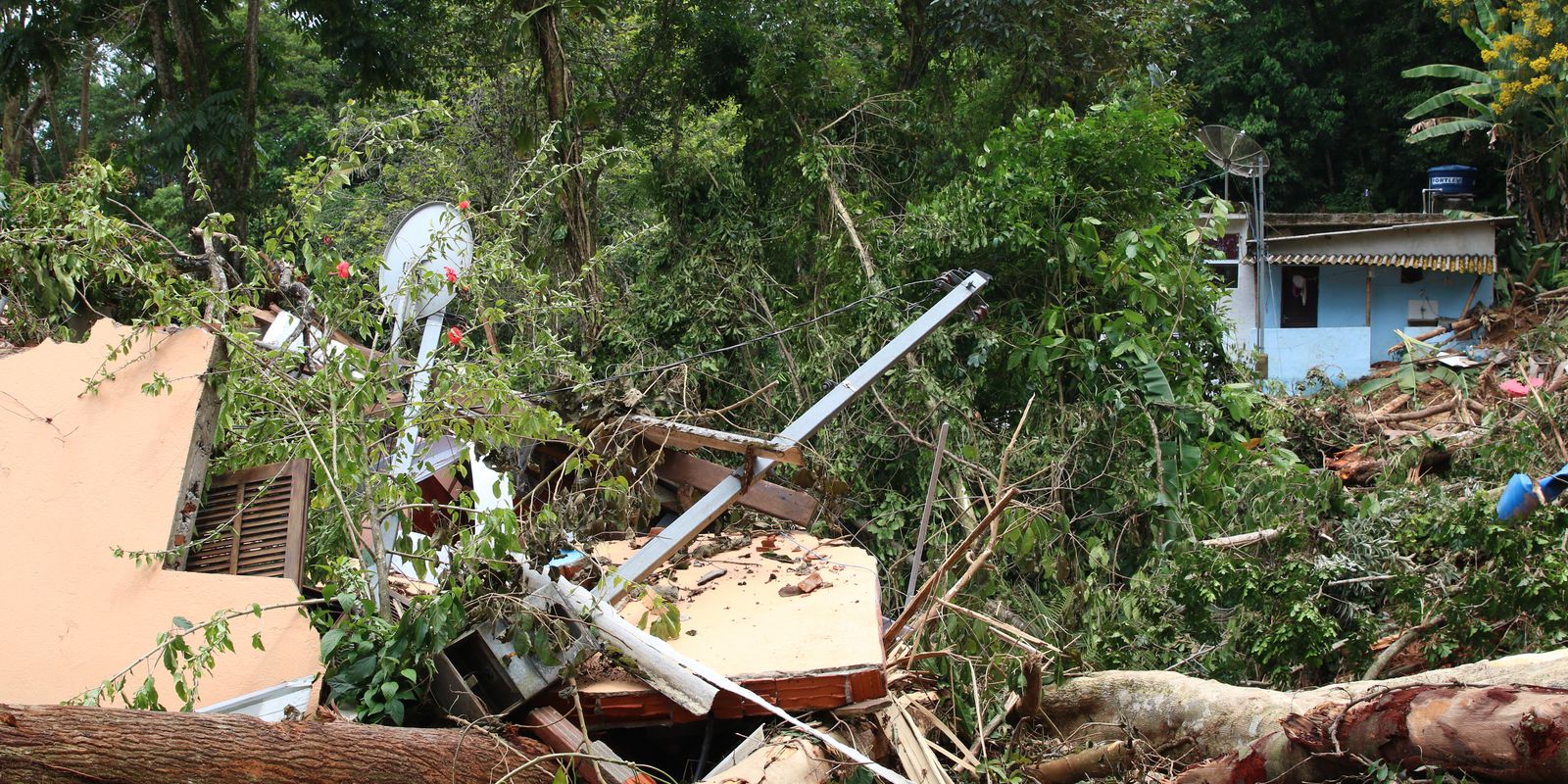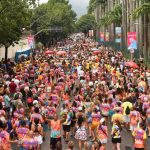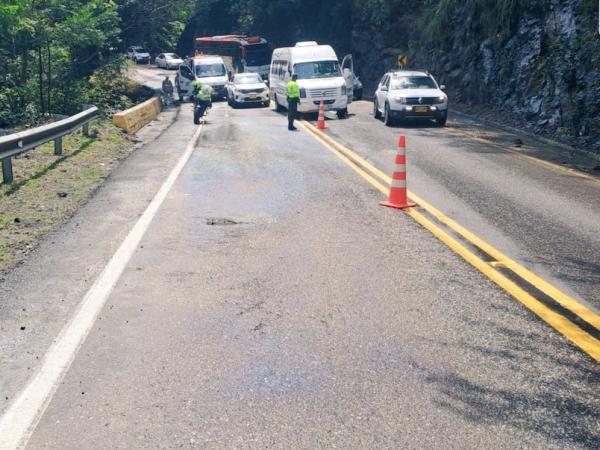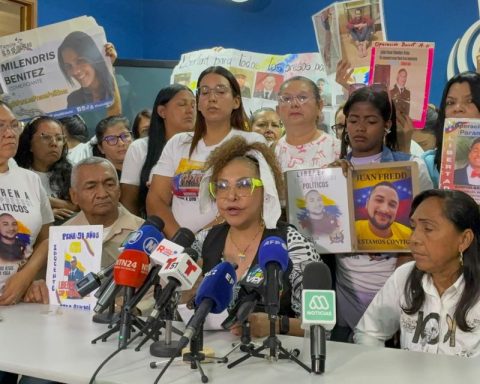One month after heavy rains and landslides left 65 people dead and one missing on the north coast of the state of São Paulo, the affected families are mourning the loss of their loved ones and uncertainty about the future. Approximately one thousand people who had their homes destroyed, or made uninhabitable by the sea of mud, now live temporarily in inns and hotels associated with the state government. The 30-day agreement ends in the coming weeks. 
Many people preferred to go to relatives or settle in borrowed rooms, and do not know how long they will have a roof over their heads. “I’m in favor of a room in Juquehy, in time to go crazy, to go out without a destination, you know? I’m shaken, I don’t know where my life is going. I don’t know what will happen. So, there is a lot of uncertainty, only promise”, says Edvaldo Guilherme Santos Neto, 39 years old, who had to leave the house where he lived in São Sebastião, in Vila Sahy, the neighborhood most affected by the catastrophe.
Between the night of February 18th and the next morning, the 19th, it rained more than 600 millimeters in the region. The accumulated result, according to the National Center for Prediction and Monitoring of Disasters (Cemaden), was the highest ever recorded in the country. The large volume of water devastated part of the cities in the region, causing deaths, landslides, flooding, and destroying houses and roads.
Guilherme, his wife and son, are sheltering today in an inn in the neighborhood of Juquehy, in São Sebastião, in a room borrowed, for the period of one month, by a friend. His house, in Vila Sahy, resisted the landslides, but is banned by the authorities. In the neighboring house, everyone died, with the exception of a family member, except for the residents themselves.
Guilherme’s house received the orange risk seal from the Civil Defense – used when the house cannot be inhabited again until an assessment by the authorities. The yellow sticker is used for buildings under monitoring, and the red one for condemned houses that must be destroyed.
“I don’t have the psychology to go back to my house, even if they let me. And the Civil Defense does not give a deadline for when it will be released. I took out a loan at Itaú and I’ve already soiled my name. I do not know what to do. I am in debt for my house, where I cannot live. I received no support, no guarantee that I will receive any value from this property, if it is not released.”
He claims that, after the tragedy, he registered with both the Housing and Urban Development Company of the State of São Paulo (CDHU) and the Reference Center for Social Assistance (Cras) in the city. “We made about ten registrations that I don’t even know what they are for. I know that registering was what I did the most and, until today, no one has ever called me even to ask if I need psychological follow-up. So far we are surviving from the donation of basic food baskets.”
Guilherme says that he and his wife had quit their jobs shortly before the disaster to try to start their own internet commerce business. The goods bought by them stayed inside the house and were lost. He says he never received any kind of warning from the authorities that his house was in a risk area. In addition to the houses that were destroyed by the landslides, the Civil Defense condemned another 230 houses in the municipality, which will be demolished in the coming days.
“If this situation exists in São Sebastião today, it is because, unfortunately, the government has not created a housing program for the municipality. That’s who pays for us. I have lived in Vila Sahy for 25 years and the city has never carried out a program for draining the slopes, never carried out a housing program, never arrived at my door and said: this is a risk area.”
After facing the mud of the landslides to try to save the neighbors, Guilherme’s wife began to experience symptoms of leptospirosis: diarrhea and pain in the joints. She looked for a medical service and was diagnosed with a virus.
“My wife still has diarrhea, her body aches, because she had contact with contaminated water. We removed mud, removed bodies from rubble and mud”.
The city of São Sebastião says that there is no outbreak of the disease in the city. The municipal administration recognizes, however, that there was an “increase in notifications of cases of the disease” after the heavy rains. “In February, 19 cases were reported and, in March, 17 cases, which are awaiting results. So far, there are no confirmed cases of leptospirosis.”
The municipality’s Health Department said it had registered an increase of approximately 30% in visits to patients with gastroenteritis – an irritation in the digestive system that causes, among other symptoms, diarrhea – in the municipality’s health units, mainly on the South Coast.
“However, this trend has not been consolidated. It is common at this time of year, due to the hot weather, for people to have some intestinal problems. The recent increase in cases raised an alert in the municipality, especially after the last rains.”
The city hall advises that, if the person has any symptoms, they should look for the nearest health unit, including the hospitals of Clínicas da Costa Sul, located in Boiçucanga, and the unit in the central region.
Partnerships
The municipal administration informed that it has entered into partnerships with the federal and state governments, through the Housing and Urban Development Company (CDHU) and the Minha Casa, Minha Vida program for the construction of more than 900 properties, including houses and apartments, which will be for families who have lost their homes. The Civil Defense, unlike the City Hall, says that 518 housing units will be built.
Three plots of land are already in the earthmoving phase, in the neighborhoods of Topolândia and Vila Sahy. According to state management, the first housing units should be ready within 150 days. Until then, according to the Civil Defense, the people who are currently housed in around 20 hotels and inns will be temporarily installed in passing villages, wooden housing units, which are being built in São Sebastião. People will also be temporarily allocated in housing units already ready in the neighboring city of Bertioga (SP).
The prefecture advised families who are facing difficulties to look for the nearest Social Assistance Reference Center (Cras).
















